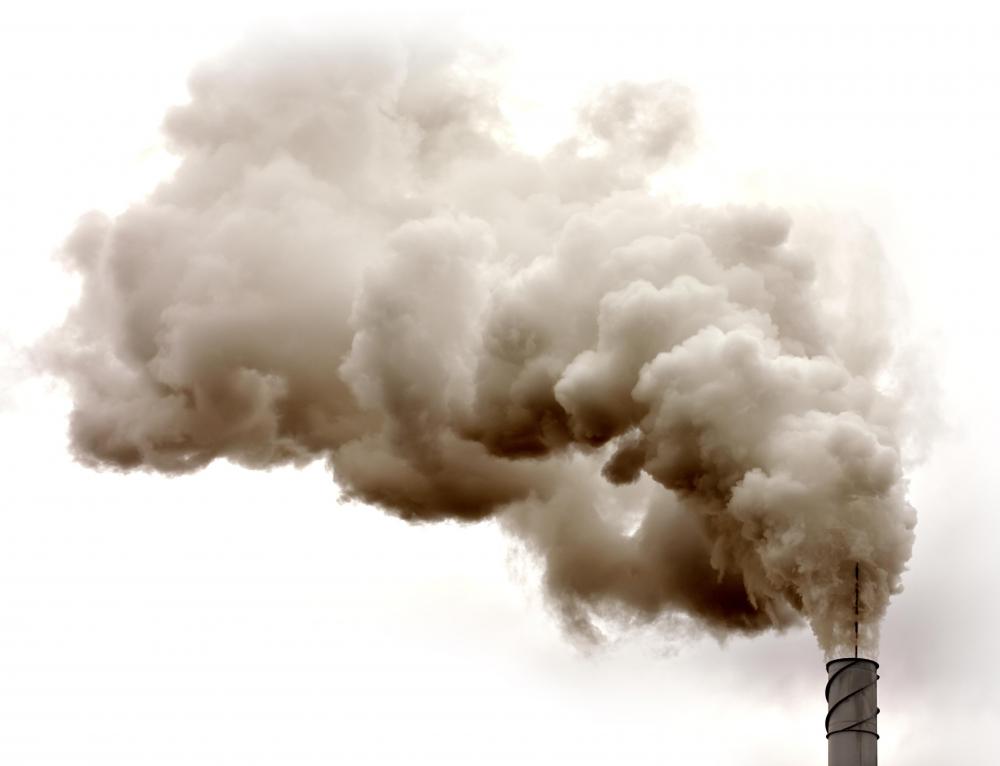At WiseGEEK, we're committed to delivering accurate, trustworthy information. Our expert-authored content is rigorously fact-checked and sourced from credible authorities. Discover how we uphold the highest standards in providing you with reliable knowledge.
What is Severe Emphysema?
Emphysema is a medical condition in which air sacs located in the lungs are gradually destroyed and lose their elasticity. Severe emphysema is the third stage of this disease, and individuals who have advanced to this stage are generally required to use supplemental oxygen to help with breathing.
The air sacs involved in emphysema, called walls of the alveoli, are responsible for exchanging carbon dioxide in the blood with oxygen. Although severe emphysema is categorized as Stage III, there are actually four stages to this disease. Individuals at Stage 0 typically have a chronic cough and are at risk for developing emphysema. People in Stages I through III have already advanced to the early stages of emphysema and have limitations to their airflow. These changes appear in lung function tests as the disease progresses.

The transformation from Stage I or mild emphysema to Stage III and severe emphysema develops slowly. While earlier stages of emphysema are typically marked with chronic coughing, individuals suffering from severe emphysema often have shortness of breath even when they are resting. They may also develop orthopenea, a condition in which a person cannot catch her breath when she lies down to sleep. This forces her to either sleep in a chair or sleep sitting up propped against a pillow.

Even though cigarette smoking is the primary cause of emphysema, passive smoking and secondhand smoke may also increase the risk of developing the condition. Other factors that may contribute to emphysema can include outdoor air pollution or occupational chemicals. Even the smoke from cooking in a kitchen or the fuel used to heat a home are increased risk factors.

Once a diagnosis is confirmed, there are still some things that may lessen the risk of the disease progressing from stable emphysema to severe emphysema. Lifestyle changes such as quitting smoking and limiting the exposure to secondhand smoke can reduce this risk. Emphysema sufferers should also avoid vigorous exercise when outdoor air qualities are poor.

If the disease does progress to severe emphysema, management may include the use of long-acting bronchodilators, short-acting bronchodilators and oxygen as needed. It is also important for individuals to seek medical treatment for colds and other sinus conditions that could lead to the development of pneumonia. Antibiotics may be prescribed to help fight these types of infection and to help lessen the possibility of pneumonia occurring.
AS FEATURED ON:
AS FEATURED ON:














Discuss this Article
Post your comments